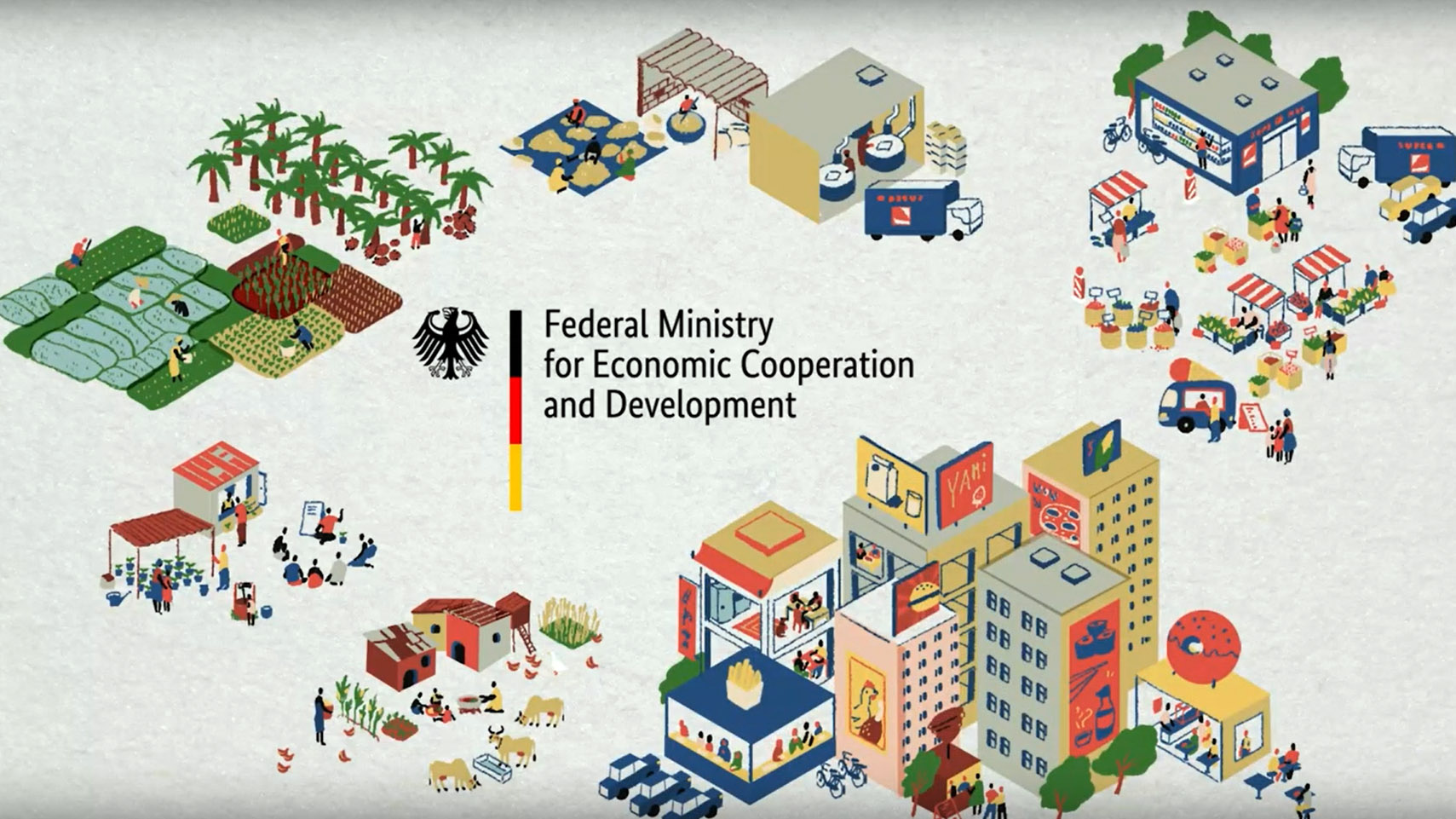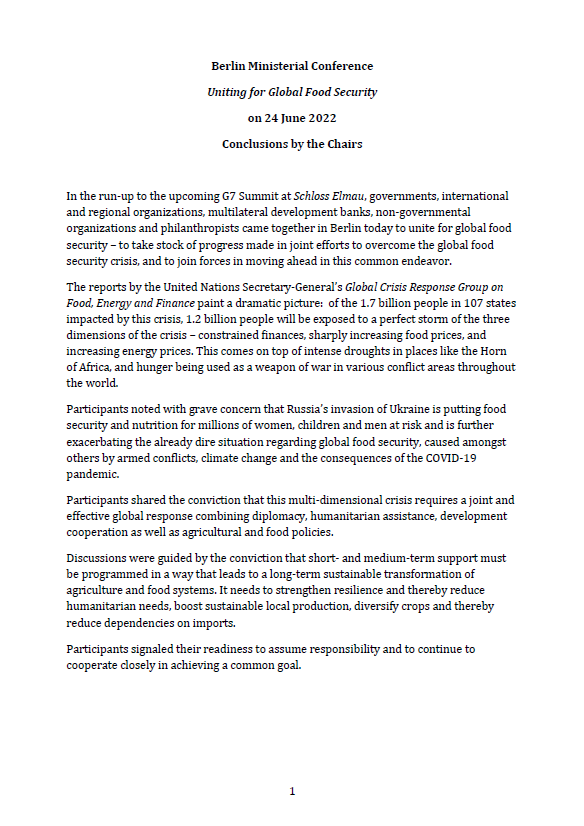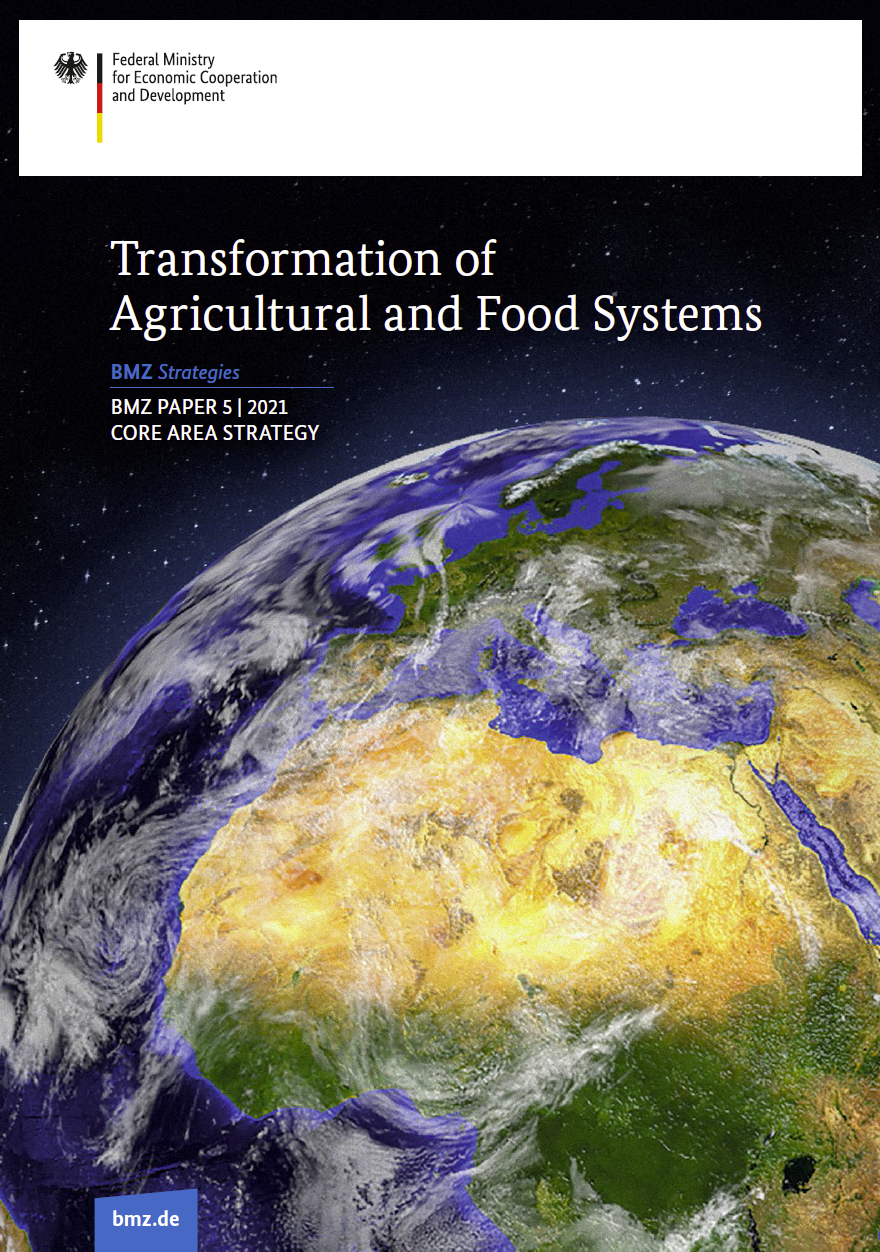A Bolivian farmer in a wheat field. The construction of stone walls protects farmland from erosion.
In most countries affected by hunger and malnutrition, comprehensive reform processes are necessary in the entire food system, for example in governance, the economy, the health sector, social security, trade relations or spatial planning.
External support is not sufficient for these processes: They can only succeed if developing countries take responsibility for them themselves. They need the political will to realise the human right to food, as well as adequate financial, technical and human resources. The guiding principle of German development policy is therefore help towards self-help.
















